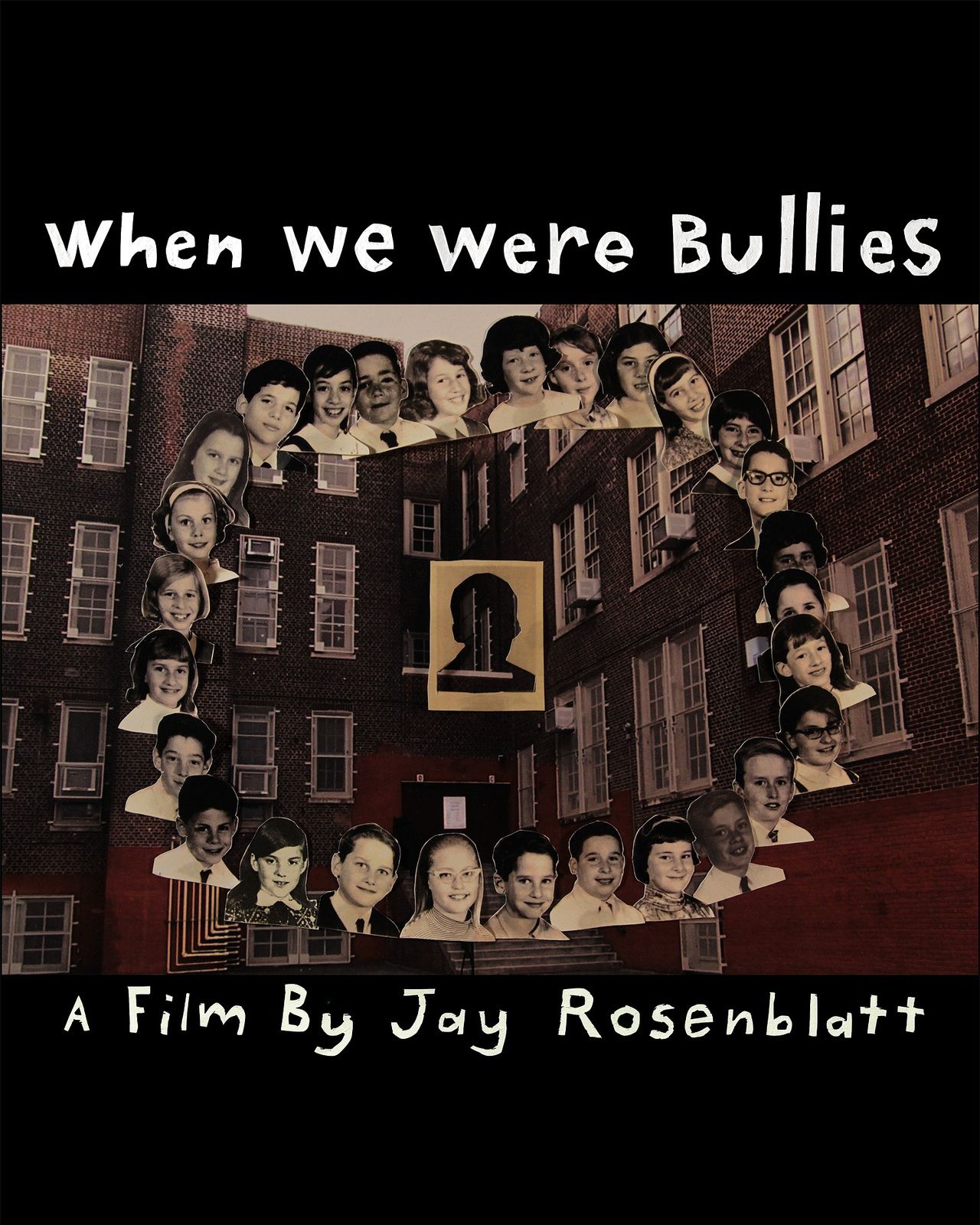The Academy Award-nominated documentary short “When We Were Bullies” has been acquired by HBO Documentary Films.
The 36-minute film, directed by Jay Rosenblatt (“Phantom Limb,” “Human Remains”), is a reflection on a Brooklyn schoolyard event that occurred 50 years ago between the director and his fellow fifth-grade students.
“When We Were Bullies” was the only Oscar-nominated short documentary without a distributor till today. New York Times Op-Doc released fellow candidate “The Queen of Basketball,” and Netflix is behind three of the nominated short documentaries: “Audible,” “Lead Me Home,” and “Three Songs for Benazir.”
“When We Were Bullies” premiered at the Sundance Film Festival in 2021, where it received a jury-prize nomination.
HBO Documentary Films has won over 15 Academy Awards for docu shorts and over a dozen for doc features over its career. The division’s single nonfiction nomination this year is “When We Were Bullies.”
In Jay Rosenblatt’s multifaceted new work of personal nonfiction and historical investigation, “When We Were Bullies,” which made the Oscar shortlist for Documentary Short Subject, chance and intention trigger unpleasant memories. (It opens on Feb. 11 at Film Forum, paired with the feature “Playground.”) The story begins with a piece of historical footage that Rosenblatt included in his 1994 film, “The Smell of Burning Ants”; that clip reminded him of an episode in 1965, in which, as a fifth-grader in Brooklyn, he took part in the schoolyard beating and humiliation of a classmate.
Rosenblatt’s vision of spontaneous collective brutality and his long-suppressed memory of it is filled with passionate detail and self-scourging power, thanks to a chance encounter with another participant in the bullying, a troubling interaction with the victim, a school reunion, and even a meeting with his fifth-grade teacher (now in her nineties).
Rosenblatt evokes lifetimes of anguish while also pondering the ethics of telling the victim’s story with an enticing array of cinematic devices—close analysis of film footage, playful animation and manipulation of still photographs, copious interviews on camera, and in voice-over, and his own trenchant and rueful monologues.
Is “When We Were Bullies” based on a true story?

In “When We Were Bullies” Rosenblatt tackles his own past. Jay Rosenblatt has directed more than thirty films, eight of which have been chosen to premiere at the Sundance Film Festival. Rosenblatt’s latest film, which premiered at Sundance this weekend, tells his personal tale of interviewing hundreds of people who were present at P.S. 194 in New York City in 1965 when a gang of fifth students attacked another fifth-grader in the schoolyard.
One of the bullies was Rosenblatt.
Rosenblatt was in the presence of one of his fifth-grade classmates, more than thirty years after they were in school together and after the therapist-turned-filmmaker switched coasts, swapping New York for California, in an encounter when he recognized forces beyond of his control. He interprets Albert Einstein’s comment, “Coincidence is God’s way of remaining nameless,” to suggest that his meeting with a classmate he hired to perform voiceover work for his documentary, The Smell of Ants, was not by coincidence.
Rosenblatt and his friend began talking about a time when a child in their class named Dick was thrashed outside by the rest of the class. Dick had caused the entire class to be trapped inside for long since he had defied their severe teacher’s regulations, and she had penalized them all.
Years later, Rosenblatt recalls on that day, as well as the conversations he had with his classmates fifty years later, which were later incorporated into the film. He’s still digesting the events that led to him becoming a victim of bullyings, such as his younger brother’s death and his parents’ lack of involvement. What would he say now, knowing what he knows now, to that younger version of himself?
The tension within would find a way out. For far too many of us, that hurt turns into a fire that we use to inflict harm on others. However, since the attack on the Capitol, bullying, and complicity have become major subjects. Despite the fact that Rosenblatt has been working on this project for four years, he believes that current events have demonstrated how vital and timeless the subject is.
Rosenblatt interviewed his fifth-grade classmates, with the exception of a few who had passed away and the youngster they’d bullied, in order to learn more about the story. He also spoke with his teacher, who was now in her nineties and was dealing with her own pain. Even if it’s virtual, the director is delivering that tale to Sundance’s audience, and it’s difficult to determine how well it’s received.
He misses performing in front of a live audience and knowing right away that his films have impacted someone because of applause, laughter, or gasps of astonishment. Jay Rosenblatt has shared a narrative that so many people can connect to, and he has taken us on a journey of healing and accountability. It’s a New York narrative, but it’s our story as victims, bullies, and enablers as well.
Hopefully, everyone will learn to accept one another, and we will be able to say, “We were bullies,” no longer.
